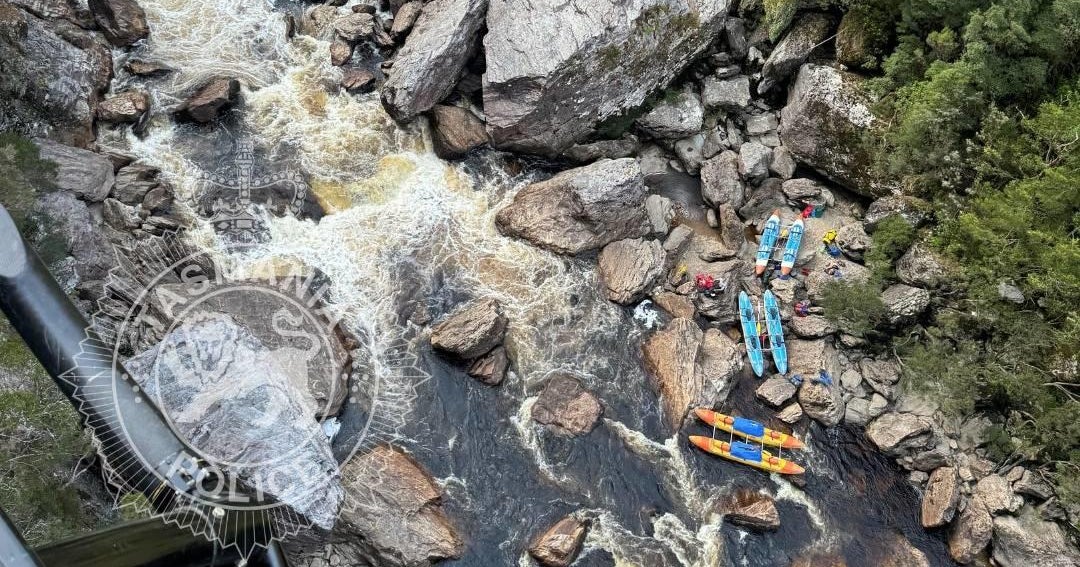Dam breached by Florence floodwaters at power plant in North Carolina
Duke Energy said Friday that a dam containing a large lake at a Wilmington, North Carolina, power plant has been breached by floodwaters from Hurricane Florence. They said it's possible coal ash from an adjacent dump is flowing into the Cape Fear River.
Duke spokeswoman Paige Sheehan said Friday that floodwaters continue to overtop an earthen dike at the north side of Sutton Lake, a 1,100-acre reservoir at the L.V. Sutton Power Station. That water has caused several breaches in the dam on the south end of the lake, which is flowing back into the river.
Company officials said that because the river is already running high after the hurricane, they do not expect the breaches in the dam to affect the water level.
The floodwaters had also overtopped a steel retaining wall containing one of three large coal ash dumps lining the lakeshore. Sheehan described the incident as a "developing situation" and said the company can't rule out that ash might be escaping and flowing into the river.
Gray material that the company characterized as lightweight coal combustion byproducts could be seen Friday floating on the top of the lake. The ash left over when coal is burned to generate electricity coal ash contains an array of components, including mercury, lead, arsenic and other toxic heavy metals. The inundated basin contains at the plant 400,000 cubic yards of ash.
Floodwaters at the site were continuing to rise Friday. The area received more than 30 inches of rain from former Hurricane Florence, with the Cape Fear River expected to crest Saturday. North Carolina's top environmental regulator said Friday that the extent of the potential environmental harm from the breach is not yet known.
"What we don't know at this point is if any coal ash has filtered into the Cape Fear River," said Mike Regan, secretary for the state Department of Environmental Quality. "We plan to conduct flyovers ... to see if we can ascertain that."
Security personnel for Duke blocked access Friday to Sutton Lake Road, which leads to a public dock on the reservoir, a popular local destination for boating and fishing.
Duke denied a request for an Associated Press reporter at the scene Friday to pass the barricade, saying that the situation at the lake "continues to change" and is "not safe." Aerial photos released by the company showed a wide breach in the earthen dam and the affected ash dump largely underwater.
Sutton Lake is the former coaling pond for a coal-fired plant Duke retired in 2013 and replaced with a new generating station that runs off natural gas. Duke said that power plant was shut down overnight as it was swamped floodwaters and all employees safely evacuated. The current breach at the Wilmington site is separate from the rupture at a nearby coal ash landfill reported at the site last weekend, spilling enough material to fill 180 dump trucks.
Duke's ash waste management has faced intense scrutiny since a drainage pipe collapsed under a waste pit at an old plant in Eden in 2014, triggering a massive spill that coated 70 miles of the Dan River in gray sludge. The utility later agreed to plead guilty to nine Clean Water Act violations and pay $102 million in fines and restitution for illegally discharging pollution from ash dumps at five North Carolina power plants. It plans to close all its ash dumps by 2029.
At the separate Duke plant near Goldsboro, three old coal-ash dumps capped with soil were underwater Thursday after the Neuse River flooded.
Staff from the Waterkeeper Alliance, an environmental group, visited the flooded dumps at the H.F. Lee Power Plant by boat Wednesday and took photographs and collected samples of gray sludge and water they said was washing into the floodwaters. The group said a private lab would analyze samples.
State environmental regulators went to the site Thursday, though they were unable to make a full assessment because of high water levels. Sheehan, the Duke spokeswoman, said that any release of coal ash at the Goldsboro site appeared "minimal."
"We'll learn more as flood water recedes," she said.




